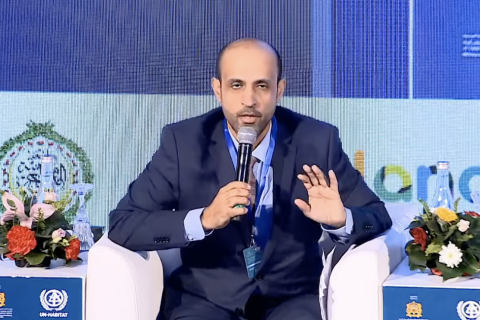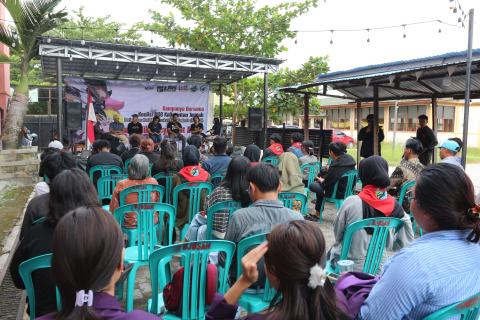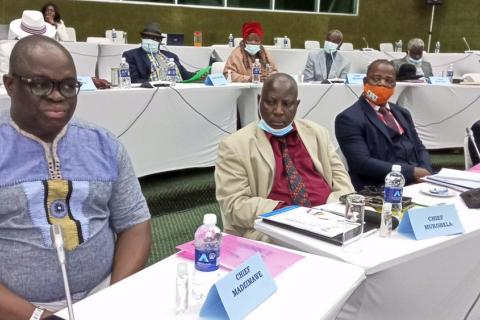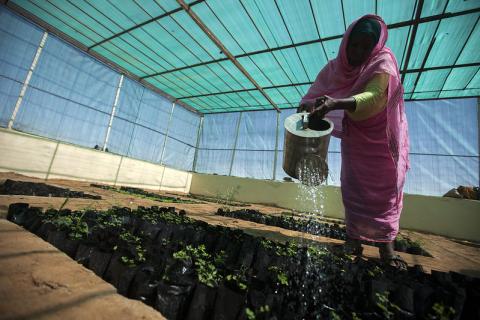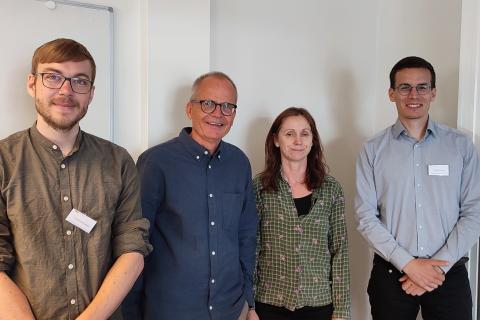Women and Land: Advancing Gender Equity in Land Tenure Across the Arab Region
Women’s secure access to land, housing, and resources is a fundamental pillar of economic stability, social inclusion, and sustainable development. Across the Arab region, however, legal barriers, customary norms, and institutional challenges continue to restrict women’s land tenure rights, limiting their ability to invest, build wealth, and participate in decision-making.


